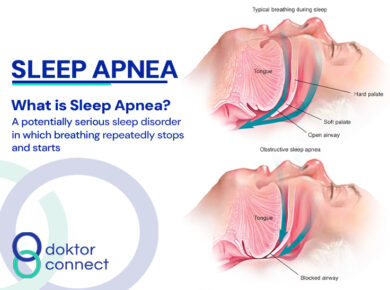Donating blood not only saves the lives of thousands of people but also that of the donor. The heart pumps blood and the blood vessels transport blood to and from every part of the body.
The body makes millions of blood cells every day. Each type of cell has an expected lifespan. For instance, red blood cells last about 120 days while white blood cells can last between hours to days. Every day, millions of blood cells are broken down when they reach the end of their life span.
What are the components of blood?
At some point in our life, we may have sustained a slight injury with some level of bleeding which stopped on its own, ever wondered why? Blood is made of certain components that can be separated and given individually if the need arises.
Red blood cells- consist of a protein called hemoglobin which contains iron and transports oxygen from the lungs to other parts of the body. It is therefore useful in certain conditions like Sickle cell anemia etc.
White blood cells- defends the body against infection.
Platelets- helps the blood to clot. After an injury, platelets aggregate together to stop bleeding. This is useful in certain medical conditions like bone marrow failure and certain cancers like leukemia etc.
Plasma- contains many different proteins, hormones, enzymes and antibodies. Plasma donated from individuals who have recovered from certain illnesses e.g. covid 19 helps to manage such medical conditions.
Donating Blood in Nigeria
Nigeria needs at least two million units of blood annually. This means that someone in Nigeria is in need of a unit of blood every 15 seconds. More so, this number will increase as the population size increases.
Blood donors are classified into voluntary donors, replacement donors, and paid donors. Voluntary donor blood is the safest of these types. Nigeria has made little progress with voluntary donor recruitment as only 5% of donor blood comes from voluntary donors. However, since the onset of the pandemic, this has greatly reduced.
Health Benefits of Donating Blood
- Prevents Hemochromatosis
Blood donation reduces harmful storage of iron. Individuals who have hemochromatosis, a medical condition that occurs due to excess absorption of iron by the body, regular blood donation ensures you have a healthy amount of iron in your blood.
2. Anti-Cancer Benefits
Blood donation helps to lower the risk of cancer. Iron has been proposed as a risk factor for different types of cancers mainly due to its prooxidant activity which can lead to oxidative DNA damage. Thus, when you donate blood, the iron stores in the body are maintained at healthy levels.
3. Stimulates Blood Cell Production
The average adult has around 10 pints of blood which is equivalent to about 4.5litres. Making a blood donation requires about 1 pint, after which your body replenishes the blood loss. This blood loss stimulates the production of new blood cells and in turn, helps to maintain good health.
4. Keeps your Heart & Liver Healthy
Blood donation reduces the risk of heart and liver diseases caused by iron overload. Excess intake of diet rich in iron may increase the iron levels in the body, and since only limited proportions can be absorbed, excess iron gets stored in heart and liver. Consequently, this increases the risk of liver cirrhosis and heart abnormalities like irregular heart rhythms.
5. Free Blood Tests & Body Check up
You get free blood tests such as blood hemoglobin levels, blood group, HIV, Hepatitis B, Hepatitis C, VDRL for syphilis and vitals like pulse rate, blood pressure and temperature checked every time you donate blood. These are very important health metrics one should be aware of and you can have these tests and more done at Doktorconnect
The most important health benefit, however, is you save up to 3 or 4 lives each time you donate a unit of blood, isn’t that amazing? Blood donation not only improves your physical health, it also gives you a sense of purpose and boosts your emotional well being. So visit the nearest blood bank today, and save a life!



